Witzel Trading: Coaching, Course, and Education
Witzeltrading.com provides trading coaching with excellent knowledge about online trading and investments. We are professional traders since 2012 and share our experiences with high-risk reward trades for you.
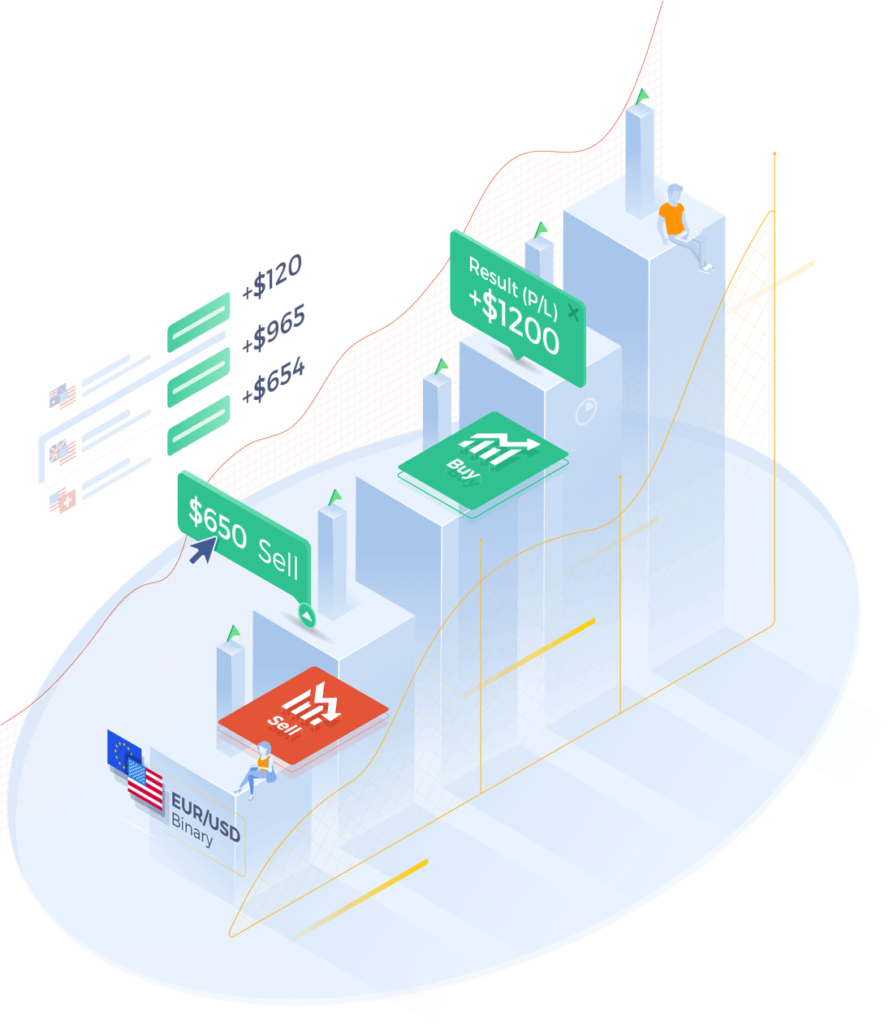
Knowledge about online trading
Trading Education by Experts
You will find the best tutorials, strategies, tips, and videos about online trading in our Trading Course by Andre Witzel and Jian Tian Rong.
Profitable & accurate trading strategies
Tutorials for beginners and advanced traders
Trading tips for more profits from your investments
Trading Broker Reviews
Trusted trading brokers and platforms reviewed
We review and test the popular online brokers and platforms for you. See our real money reviews and presentations of investment providers.
Regulated & safe online brokers
Tested with real money and accurate trades
Honest criteria for financial transactions.
Secure
We promote secure and safe online brokers. They are regulated companies.
Easy transactions
User-friendly platforms for the best experience in online trading. Fast execution of trades.
Safe funds
Secure customer funds are a priority. We support brokers with negative balance protection.
Best Support
Customer support for our clients. Experts and analysts can help you to increase your profits.
How online trading works
Easy to get started (Tutorials)
Open your free trading account and start trading. We recommend using the demo account before.
How to register
Fill up the contact form with all the necessary information of your experience.
How to get started
View all videos of our trading course on Witzel Trading and join the Discord community server.
How to start trading
Complete the levels in the Discord server to improve your trading. Join webinars to improve your knowledge. Get help when you start live trading.
What Is Trading Education?
Trading education is the process of acquiring the knowledge and skills needed to trade financial markets successfully. It includes understanding the basics of buying and selling assets like stocks and currencies, analyzing markets, managing risk, and developing trading strategies.
The education is delivered through various methods such as online courses, seminars, webinars, and personal coaching, allowing learners to find options that best fit their learning style and schedule. Essentially, trading education prepares individuals for financial market participation, aiming to improve their decision-making and enhance their chances of success.
How to Become a Trader and Learn Trading: Available Options
Becoming a successful trader requires a lot of education and practice. Here are the primary learning avenues available to aspiring traders.
Trading Courses
Trading courses offer foundational knowledge to advanced understanding of the markets, tailored to various experience levels. Beginners can start with the basics of how markets operate, the different types of assets available for trading, and fundamental analysis principles.
More advanced courses go into complex strategies, technical analysis, and derivatives trading. These courses are structured to provide flexibility, allowing learners to progress at their own pace while accessing comprehensive resources, including video lectures, reading materials, and practical exercises.
The appeal of trading courses is in their systematic approach to education. They often include assessments to gauge progress and comprehension, ensuring that learners build a solid knowledge base before advancing to more complex topics.
Additionally, many courses are created and taught by experienced traders like Andre Witzel, who runs Witzel Trading. His courses cover everything traders need to know to get started and include a few strategies. Professional traders will also analyze your trades to help you improve.
Online platforms offering these courses often provide forums or community spaces where learners can discuss concepts, share experiences, and seek advice from peers and instructors. This community aspect can significantly enhance the learning experience, providing support and motivation.
Trading Seminars
Trading seminars provide an immersive learning experience, typically condensing a wide range of topics into one or more days. They are often designed to cover specific themes, such as market trends, trading psychology, or a particular trading strategy, providing in-depth information that can be crucial for practical application.
The interactive nature of seminars allows participants to engage directly with experts, asking questions and clarifying doubts in real time. This direct interaction can be invaluable, offering insights that are difficult to obtain through self-study. Seminars also provide the opportunity to hear multiple viewpoints, as they often feature several speakers, each with their own expertise and trading philosophy.
Moreover, attending seminars can be an excellent networking opportunity. Meeting other traders provides a chance to connect with individuals facing similar challenges, exchange ideas, and potentially form trading groups.
Trading Webinars
Webinars bring trading education directly to the learner’s home or office, combining the convenience of online learning with the interactive benefits of live seminars. They are typically conducted in real-time, allowing participants to view live market analysis, witness trading strategies in action, and participate in Q&A sessions with the experts.
An advantage of webinars is their accessibility. They can be attended from anywhere worldwide, requiring only an internet connection. This global reach makes it easier for learners to find topics and instructors that align with their interests and goals. Many webinars are recorded, allowing the flexibility to revisit the material as often as needed to fully grasp the presented concepts.
Private Coaching
Private coaching is the pinnacle of personalized trading education. It involves one-on-one sessions with an experienced trader who adapts the learning experience to the individual’s goals, experience level, and trading style. This approach allows deep dives into specific areas of interest, immediate feedback on strategies, and guidance set at the learner’s pace.
One-on-one coaching often includes real-time market analysis and live trading sessions, offering practical experience and the opportunity to learn by doing. This hands-on approach, combined with the mentorship and support of an expert trader, can be invaluable to those just starting their trading career.
How Expensive Is a Trading Education?
The cost of obtaining a trading education can differ greatly based on the method of learning. Below are the key points regarding the financial aspect of trading education:
- Online Courses: These can be a cost-effective way to begin your trading education, with prices ranging from free for basic courses to over $2,000 for advanced and comprehensive training. The variation in cost usually reflects the content’s depth, the instructors’ expertise and reputation. Also, the inclusion of additional resources like personal feedback, live trading sessions, and ongoing support can increase the course’s price.
- Seminars and Webinars: The cost of attending trading seminars and webinars can vary widely. Free sessions are often available as introductions to more extensive, paid programs or as standalone overviews of basic concepts. Paid seminars, particularly those hosted by renowned experts or taking place over several days, can cost anywhere from $100 to several thousand dollars.
- Private Coaching: Prices range dramatically based on the coach’s reputation and the scope of the coaching relationship. Some sessions will cost a few hundred dollars, while comprehensive mentorship programs can run into the thousands.
- Additional Costs: Beyond the direct costs of educational content, other trading costs may include trading software, market data subscriptions, and membership fees for specific trading platforms or communities. These tools are crucial for applying learned strategies in real market conditions and can significantly impact the total cost of trading education.
How Long Does a Trading Education Take?
Typically, gaining a basic understanding of trading fundamentals takes a few months of dedicated study. This phase covers market principles, instrument types, and basic strategies. However, becoming great at making informed decisions and managing risk effectively often extends beyond this initial learning period, potentially taking a year or more of continued education and practice.
The duration is highly personal, varying with each trader’s commitment, learning speed, and the complexity of the strategies they want to use. Moreover, the education process is lifelong as financial markets are dynamic, and traders must adapt to new trends, regulations, and trading technologies.
How Can You Recognize a Reputable Trading Course?
To identify a reputable trading course, consider the following factors:
- Reviews: Positive reviews and testimonials from past students can signal a course’s credibility. Ensure the overall number of reviews is positive as it shows the course is worth enrolling in.
- Instructor Credentials: The expertise of the instructor is important. A reputable course should be led by a trader or educator with a strong track record and deep knowledge of the markets. Their experience enriches the course and ensures that they can share practical insights along with real-world trading strategies with their students.
- Course Content and Structure: Look for a course that offers a comprehensive and structured approach, covering all necessary aspects of trading. This includes the basics of market operation, analysis techniques, trading strategies, and risk management. A well-organized course progressing logically from fundamental to advanced topics indicates a thoughtful educational design.
- Certificates: Receiving a certificate upon completion can be useful because it shows proof of your commitment and achievement. Also, it enhances your professional profile. Certificates from reputable courses are valued by employers and peers within the trading community.
- Tax Considerations: The ability to receive invoices for tax deductions is an important aspect of professional courses. It provides financial benefits and indicates the course’s legitimacy and recognition by authorities, further establishing its credibility.
What Is Trading?
Trading is the act of buying and selling assets in financial markets with the intention of making a profit. This activity can involve a wide range of assets, including stocks, bonds, commodities, and currencies. The goal is to purchase an asset at a lower price and sell it at a higher price, or vice versa when short selling, to capitalize on market fluctuations.
For example, if a trader buys shares of a company at $100 each, anticipating an increase in value, and the share price rises to $120, selling those shares at the increased price results in a profit of $20 per share. This principle of exploiting price movements is fundamental to trading across different markets.
Assets in the trading world are diverse, each with unique characteristics and influenced by various factors. Stocks represent ownership shares in companies, bonds are debt securities issued by entities to raise capital, commodities include physical goods like oil and gold, and currencies involve trading money in the form of foreign exchange. Understanding these assets and the factors that affect their prices, such as economic indicators, market sentiment, and geopolitical events, is crucial for making informed trading decisions.
Read our full guide on learn to trade here.
What Do You Need for Online Trading?
Online trading has made access to financial markets simple, allowing individuals to buy and sell assets with just a few clicks. However, to navigate these markets effectively, certain tools and preparations are essential:
- A Reliable Internet Connection: Fast and stable internet is crucial for online trading. Market conditions can change rapidly, and being able to execute trades quickly is essential to taking advantage of trading opportunities or minimizing losses.
- A Trading Account: To start trading, you must open a trading account with a brokerage firm. This account will serve as your gateway to buy and sell assets. It’s important to choose a broker that offers a platform suitable for your trading needs, with reasonable fees, a wide range of available assets, and robust security measures.
- Trading Platform: The trading platform is your main tool for managing trades. It should offer real-time market data, analytical tools, and the ability to execute trades efficiently. Many brokers provide proprietary platforms, while others offer access to third-party platforms like MetaTrader 4 or 5.
- Market Knowledge: A solid understanding of the markets and the assets you intend to trade is vital. This includes familiarity with market trends, analysis techniques (both fundamental and technical analysis), and the factors that influence asset prices.
- A Trading Plan: A well-thought-out trading plan is a must. It should outline your trading goals, risk tolerance, strategies, and criteria for entering and exiting trades. Adhering to a plan helps maintain discipline and can significantly improve your chances of success.
- Risk Management Tools: Utilizing risk management tools, such as stop-loss orders, can help protect your investments from significant losses. Understanding and using these tools effectively is important to manage the risks of trading.
How Do We Select Brokers & Trading Platforms
We choose brokers and trading platforms based on a set of criteria. If they offer a reliable service, we’ll select them for our articles. However, we will always extensively research the platform before recommending them to our readers. Here are some aspects we look at:
- Regulation and Security: Our first step is verifying that a broker is regulated by credible financial authorities. This ensures they adhere to strict guidelines for financial practices and client protection. We also assess their security measures, such as data encryption and secure login processes, to safeguard traders’ information and funds.
- Fees and Commissions: We carefully review the broker’s fee structure, including trade commissions, spreads, and any other associated costs. Our goal is to find brokers offering competitive pricing without compromising service quality, enabling our users to maximize their trading profitability.
- Trading Platform Usability and Features: The trading platforms we recommend must be intuitive and equipped with advanced trading tools, including real-time charts, technical analysis indicators, and efficient order execution. We prioritize platforms that offer a seamless trading experience across multiple devices.
- Asset Range: We look for brokers that provide a diverse selection of trading instruments across various asset classes, including stocks, forex, commodities, and cryptocurrencies. This variety ensures our users can pursue opportunities in different markets according to their trading strategies.
- Customer Support and Service: Exceptional customer service is non-negotiable. We evaluate the broker’s support team’s responsiveness, availability, and quality. Brokers must offer timely and helpful support through multiple channels.
- Educational and Analytical Tools: Recognizing the importance of continuous learning, we favor brokers that offer robust educational resources and analytical tools. This includes educational articles, webinars, demo accounts, and market analysis tools that help traders refine their strategies and make informed decisions.
- Community Feedback and Reputation: Finally, we consider the broker’s reputation within the trading community, including reviews and feedback from current and former users. This real-world insight helps us gauge the overall trader experience and satisfaction.
FAQ
What Is a Trading Course?
A trading course is a structured program designed to teach individuals the fundamentals and advanced concepts of trading. They aim to equip students with the knowledge and skills needed to trade financial markets successfully.
What Does It Cost to Learn Trading?
The cost of learning trading varies widely depending on the type of education chosen. Free resources are available for beginners, but comprehensive courses offered by professionals can range from a few hundred to several thousand dollars.
How Much Does Trading Training Cost?
Trading training costs can differ significantly based on the training method. Self-paced online courses might start as low as $50, while private coaching from experienced traders could cost several thousand dollars. Seminars and webinars provide mid-range options, typically costing from $100 to several hundred dollars per session. Additional costs may include books, software, and possibly a subscription for real-time market data.
See Our Latest Posts:
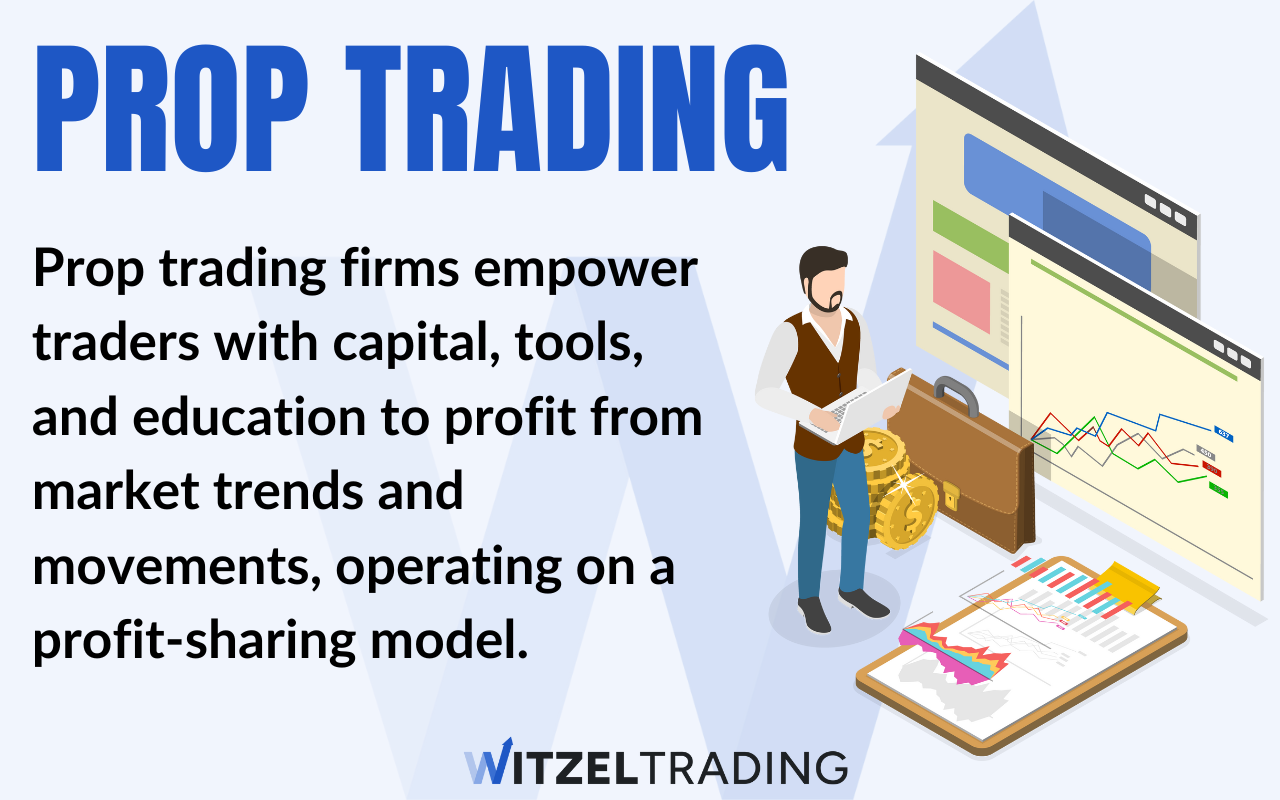
What Is Prop Trading And How Does It Work?
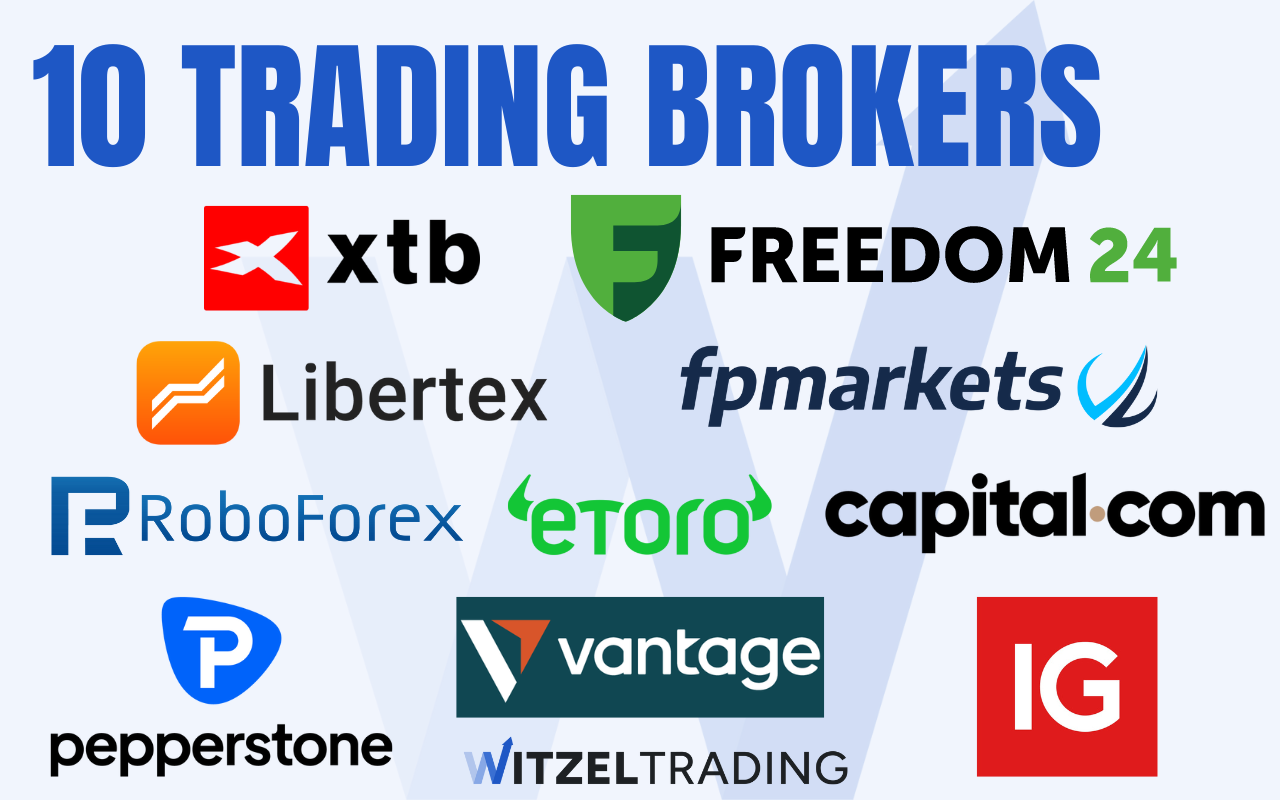
The 10 Best Online Trading Brokers – Reviews & Comparison
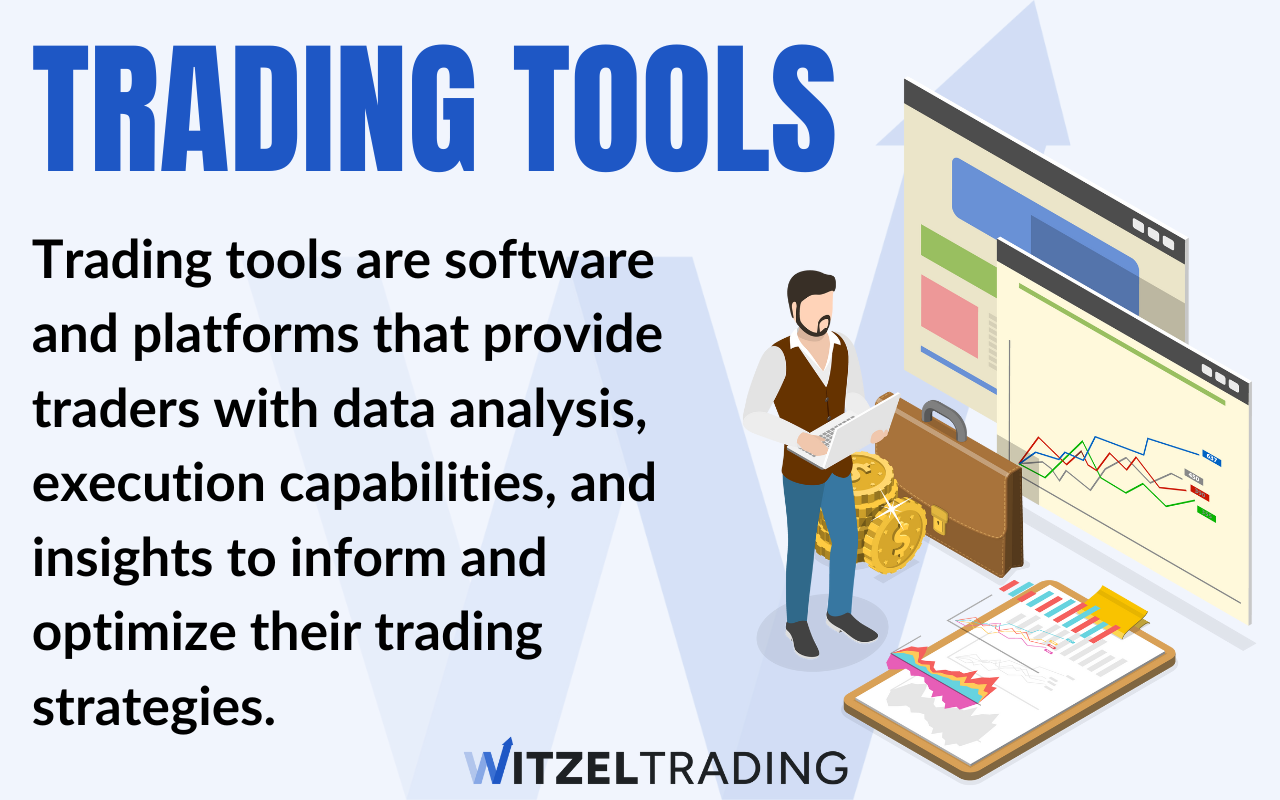
The 10 Best Trading Tools For Traders Compared
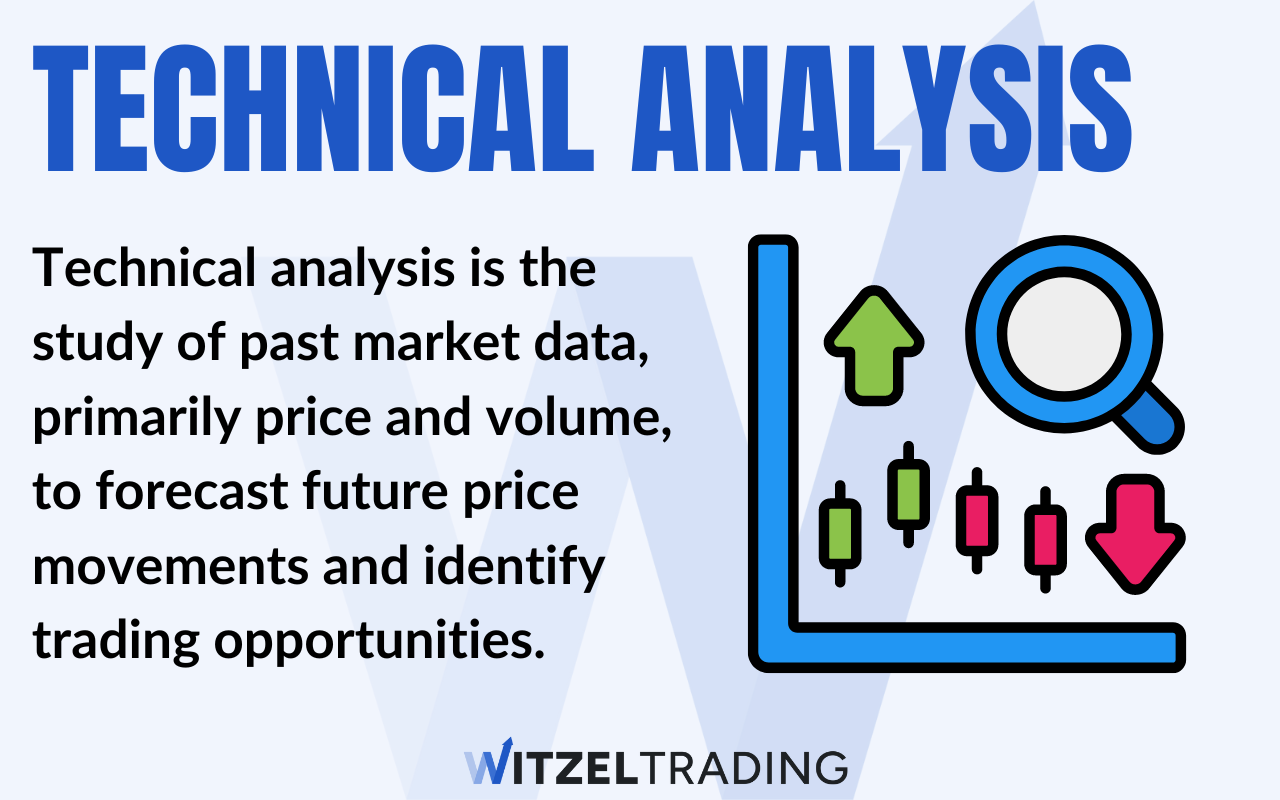
Technical Analysis Explained: How To Learn It the Correct Way
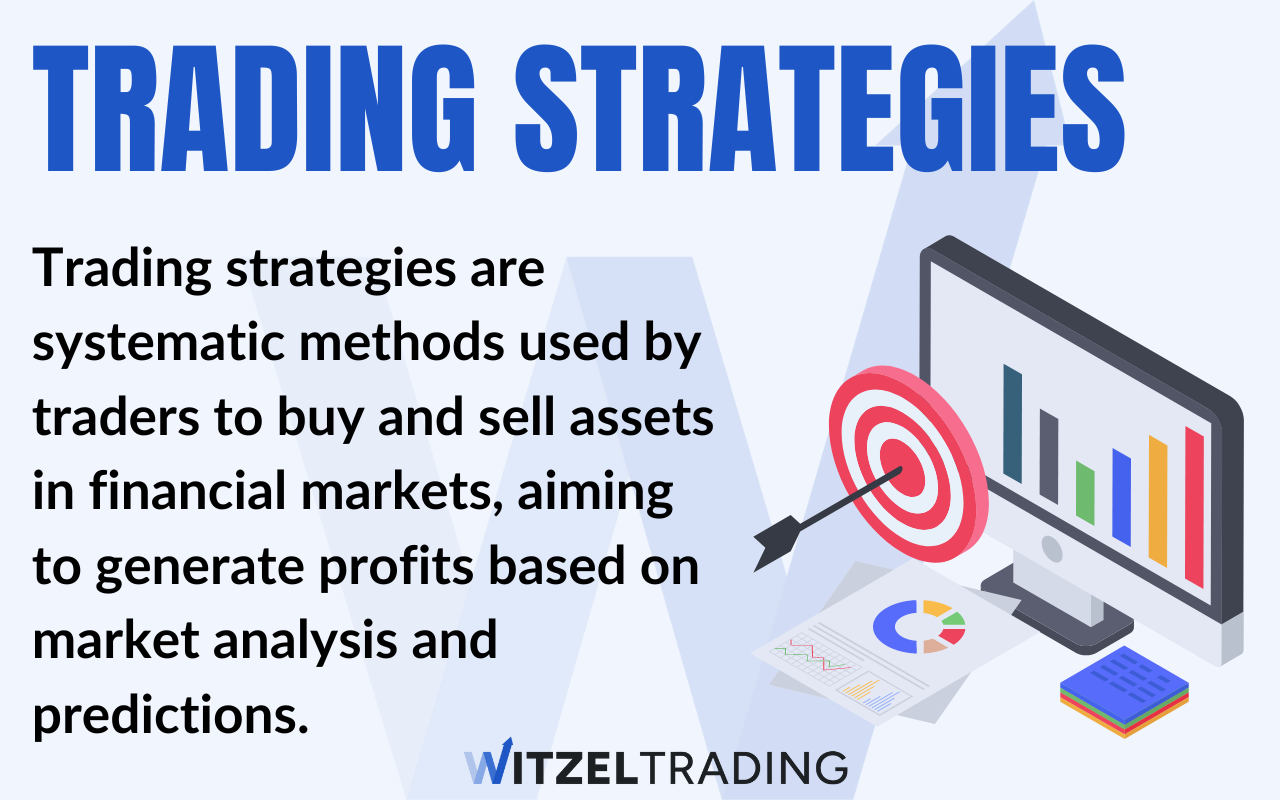
The 7 Best Trading Strategies That 100% Work Compared
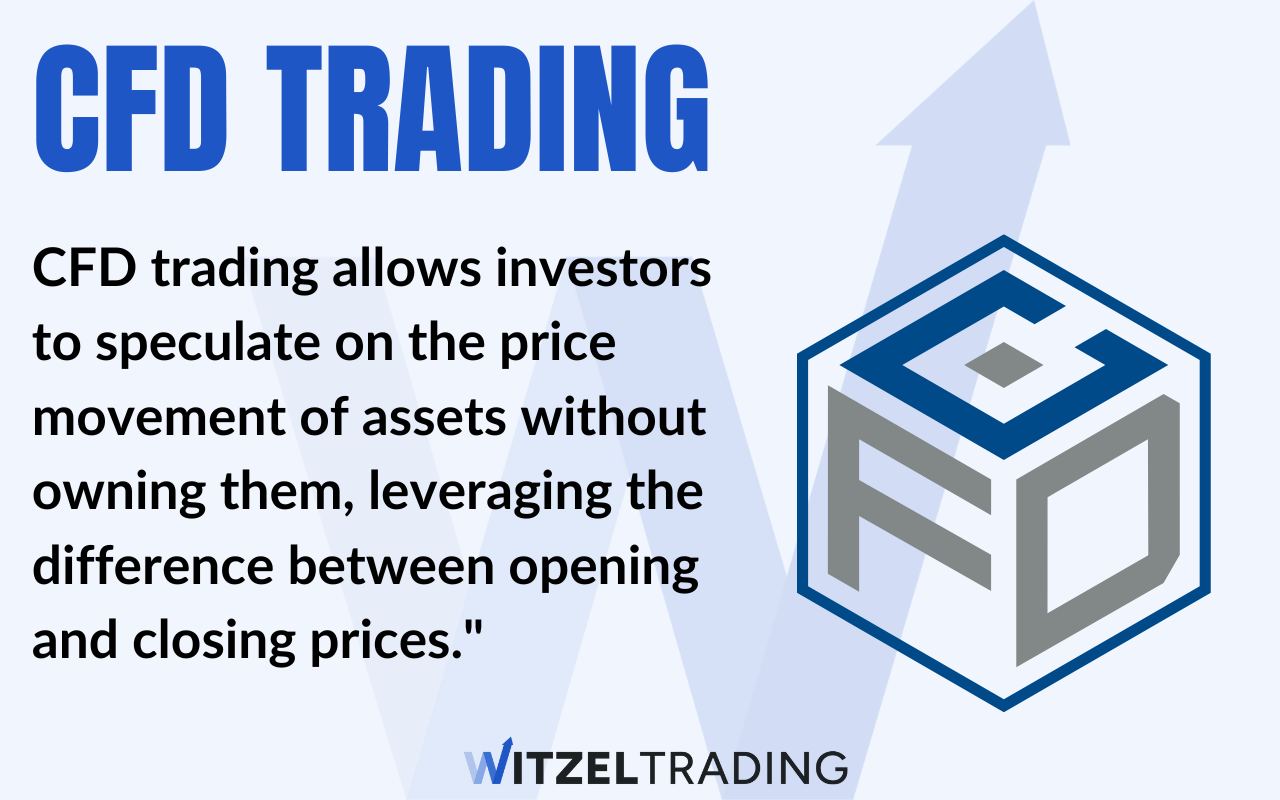
What Is CFD Trading? | Perfect Learning Guide for Beginners
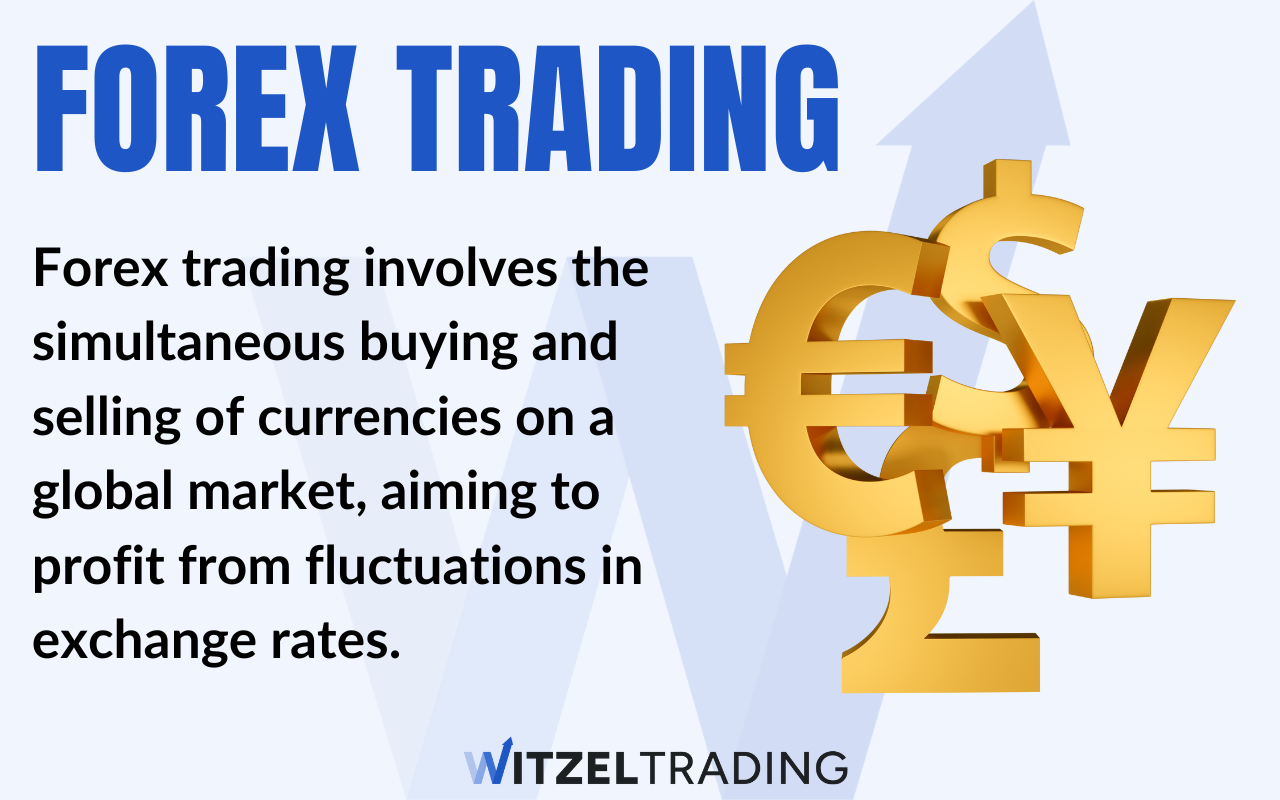
What Is Forex Trading? | Learn To Trade FX (Tutorial)

Trading For Beginners: What Is Trading & How To Learn It?
Why Choose Us
Experience
More than 10 years of experience in online trading and investments.
Reliability
We only promote what really works. Everything was tested with real money.
Security
We recommend the safest online trading platforms for our users.